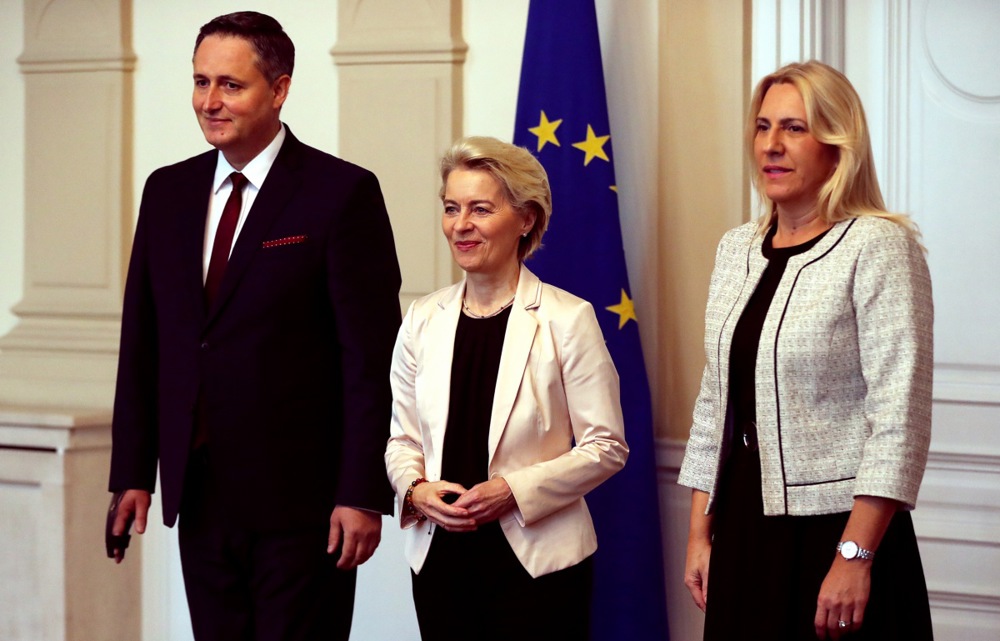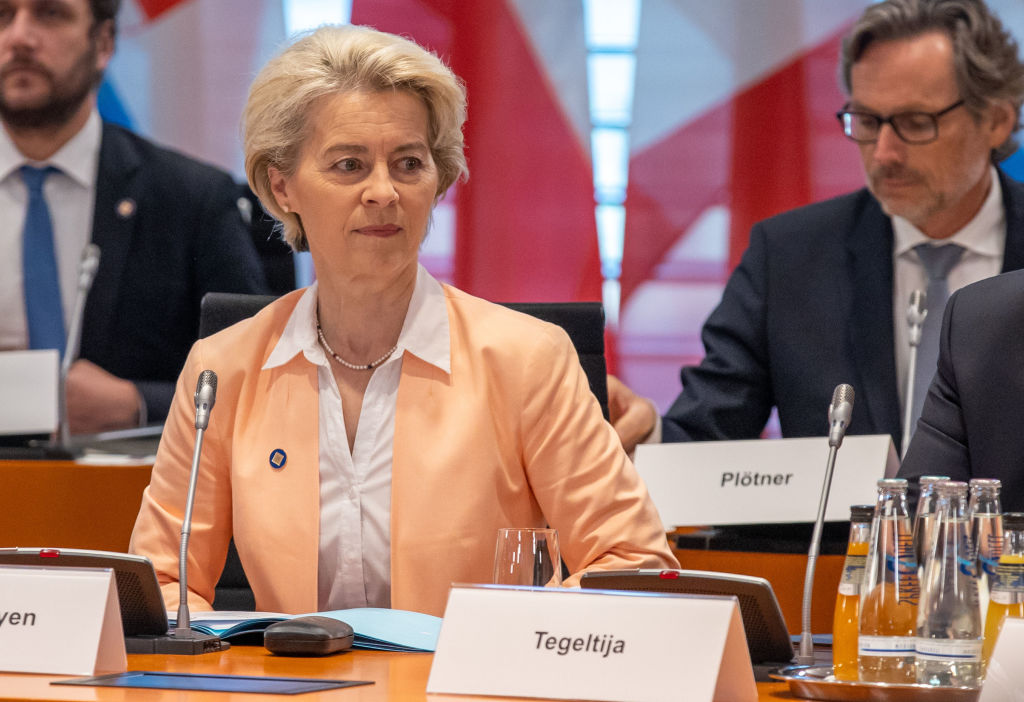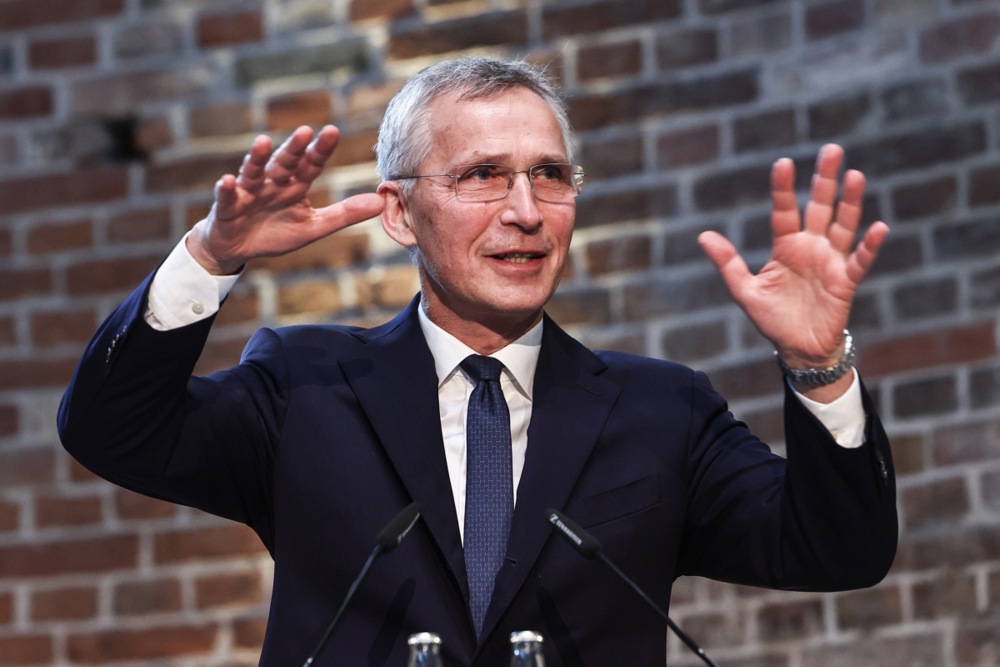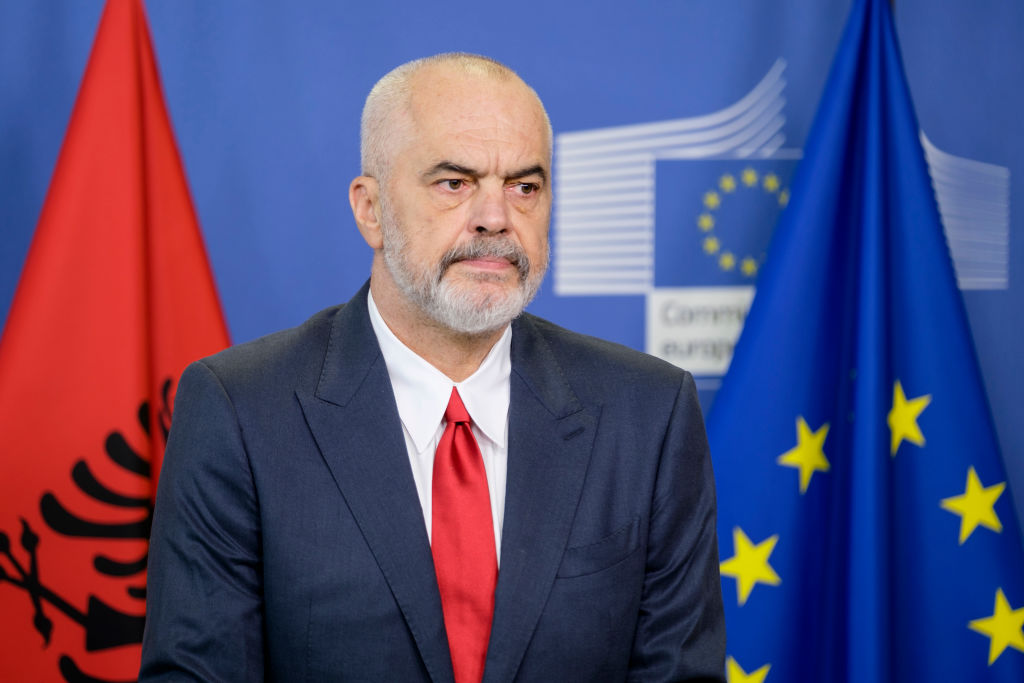Greece has pledged to support Albania’s long-standing bid for European Union membership.
Prime Minister Kyriakos Mitsotakis stated on December 18 that the backing was conditional on Albania respecting the rights of its ethnic Greek minority.
This process began over a decade ago as part of broader EU efforts to stabilise and integrate the Western Balkans.
Relations between Athens and Tirana soured after the arrest of ethnic Greek politician Fredis Beleris during a mayoral election campaign in his hometown of Himare in 2023. That move was perceived by many Greeks as politically motivated and a direct challenge to the rights and political participation of the ethnic Greek minority in Albania.
Beleris faced charges of vote-buying and was subsequently jailed in March this year. He was released in October after securing a seat in the European Parliament as a candidate for Mitsotakis’ Conservative New Democracy party.

While signing a contract for a new road connecting the northwestern Greek town of Ioannina to the Albanian village of Kakavija, Mitsotakis emphasised Greece’s commitment to fostering good relations with its Adriatic neighbour.
He made it clear, though, that Albania’s progress toward EU membership would depend on its fulfilment of long-standing obligations. These included the restitution of property seized from ethnic Greeks, the safeguarding of their cultural and educational rights and ensuring their equal political representation.
Ethnic Greeks make up the largest non-Albanian community in the country.
“There is a continuous path of conditionality towards the European Union where we essentially regulate the pace at which Albania advances toward Europe,” Mitsotakis stated on December 18 before departing for Brussels to attend an EU-Western Balkans summit.
Albania, alongside Bosnia, Kosovo, Montenegro, North Macedonia, and Serbia, has been promised EU membership in principle but remains engaged in lengthy negotiations to accelerate necessary reforms. Those include strengthening judicial independence, combating corruption, ensuring freedom of the press and improving protections for minority rights.
The accession process has stagnated, mainly due to slow reform progress and diminished enthusiasm among current EU member states for further enlargement.
Separately on December 18, following discussions with his Serbian counterpart Marko Đurić in Athens, Greek foreign minister George Gerapetritis reiterated Greece’s backing for Serbia’s EU aspirations. He framed that as part of his country’s broader commitment to driving EU enlargement in the Western Balkans and reinforcing regional stability.
“Serbia’s accession to the European Union is a geopolitical necessity,” Gerapetritis said.
A deal to send the Elgin Marbles back to Greece from the UK was reportedly brought closer after Greek PM Kyriakos Mitsotakis met UK Prime Minister Keir Starmer in London. https://t.co/EjW6JY0jpE
— Brussels Signal (@brusselssignal) December 5, 2024





